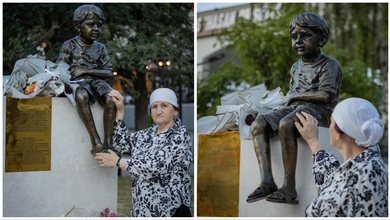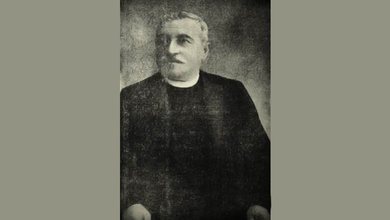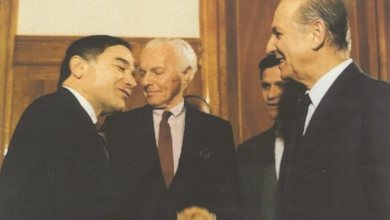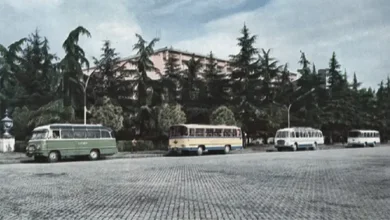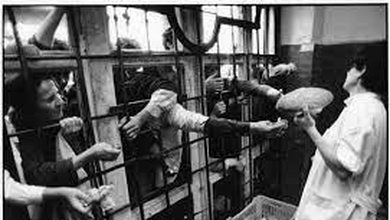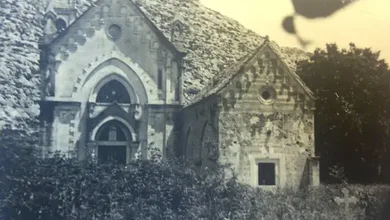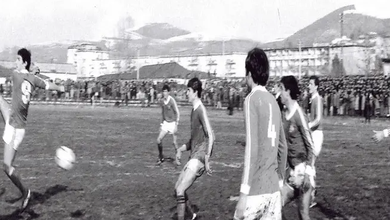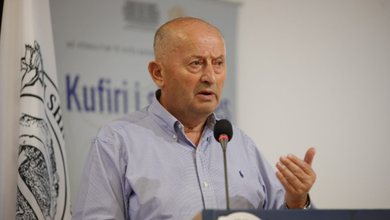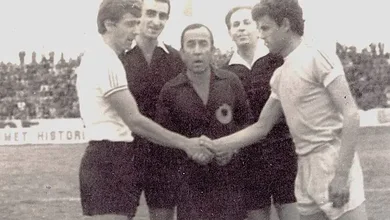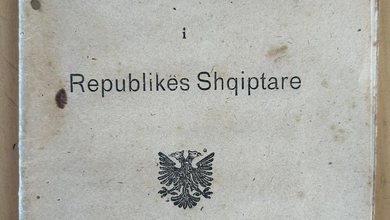
In June 1990, at a time when Albania was reeling under the weight of a regime that was coming to an end, a letter was sent from the United States to Tirana. Not from well-known politicians, not from powerful ambassadors, but from a group of students from Malverne High School in New York. They were part of the Amnesty International USA network and called themselves “Freedom Writers.”
The letter, signed on June 21, 1990 and addressed to the President of the Presidium of the People’s Assembly, Ramiz Alia, bore dozens of signatures. Among them was that of Sami Repishti, the well-known Albanian intellectual and dissident in exile. In the lengthy document, the American students expressed “deep indignation” at the fate of an Albanian teacher, Hodo Sokoli, who had spent 25 years in the dictatorship’s prisons simply because he had expressed disagreement with the political line of the Party of Labor.
The internal report of the time in Albania described Sokol as seriously ill, paralyzed, and condemned to await “a slow death” in the Saranda prison camp. For Amnesty International and the students of Malverne High School, this was a flagrant violation of the most basic human rights, a denial of the UN Charter.
The story of this letter is more than an isolated episode. It is a reminder that the voice of freedom does not always come from great powers or political tribunes. Sometimes, it starts from the benches of a high school, from the hand of a student who signs a petition, and crosses the ocean to knock on the door of an iron regime. And the name of Hodo Sokoli, together with the signature of Sami Repishti, remains evidence of a solidarity that crossed borders, giving a new dimension to the cause of Albanian political prisoners.








